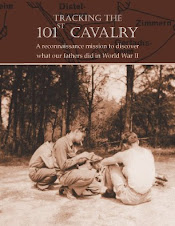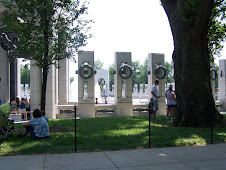not found in English was easier than expected. Just a few of today's names (and their ranks, which are in German) are:
Schütze Marian Konisiewicz, 4.10.1907, worker in Moosburg
Feldwebel Stanisław Judziński, 12.4.1896 aktir, sanitar
Feldwebel Jan Kołacz, 10.3.1899, schofeur
Feldwebel Adam Oligórski, 3.3.1896, hausbegitzer
Feldwebel Władysław Pałka, 11.2.1898, schmidt
Unterfeldwebel Czesłwan Adamczyk, 8.3.1913, schneider
Unterfeldwebel Sylwester Budzynski, 21.12.1908, aktir
Unterfeldwebel Marcin Burzyński, 23.10.1904, aktir-schofeur
Unterfeldwebel Edward Gałkowski, 30.7.1908, sanität
Unterfeldwebel Antoni Garasiński, 6.8.1906, schuster
Unterfeldwebel Marian Grabowski, 23.6.1896, mason
Unterfeldwebel Roman Przybylski, 30.7.1898, tapezir
Unterfeldwebel Piotr Twardo, 29.6.1905, dersicherungagent (or tersicherungagent)
Unterfeldwebel Leor Zielke, 15.4.1910, accountant
Unteroffizier Kazimierz Beśko, 26.8.1910, farmer
Unteroffizier (marine) Jan Bieńkowski, 23.6.1913, eisenb--(indecipherable) This name was crossed out with a word written above it in pencil. It was difficult to read, but looked like "entlanberg.")
Unteroffizier Henryk Bilski, 30.7.1914, fleischer
Unteroffizier Franciszek Boryczka, 16.9.1903, aktir
Unteroffizier Jan Bujnowski, 7.2.1909, schneider
Copying the records
Gefreiter Stanisław Gawronski, 24.10.1909, farmer
More than 5,000 men were imprisoned at Oflag VII-A─a lot of names, especially at 20 to 30 a day. Most of the men whose names I have entered so far were born between 1896 and 1915─around the same time as my grandparents.
|
The numbers following the men's names are their birthdates, which I have left in the same order as in the records: date, month, and year. Their occupations were in German, and, in a few cases, I have attempted to translate them. I finally gave up, deciding that accurate German was better than inaccurate English.
The documents listing these names are housed at the Pilsudski Institute in New York City. Megan Suttles and her friend, Jason (whose last name I regrettably do not know), spent a couple of hours there photographing the documents for me─and for the descendants of these prisoners. They photoraphed more than 600 pages, making it easier for those descendants to learn a little more about the service of their grandfathers and fathers.
I wonder, sometimes, why I am doing this. I could be doing something else today; I don't do it out of boredom. Why spend an afternoon straining to read a list of names written by a German soldier bent over a desk somewhere in Bavaria more than 70 years ago. Our only connection comes from a few short minutes on April 29, 1945, when my father's platoon from Troop B, 116th regiment, 101st Cavalry, happened by Oflag VII-A on the way to Innsbruck. They are credited with the camp's liberation. But, for whatever reason, I am compelled to do it. It seems important that I do.
 |
| Pilsudski Institute |







No comments:
Post a Comment